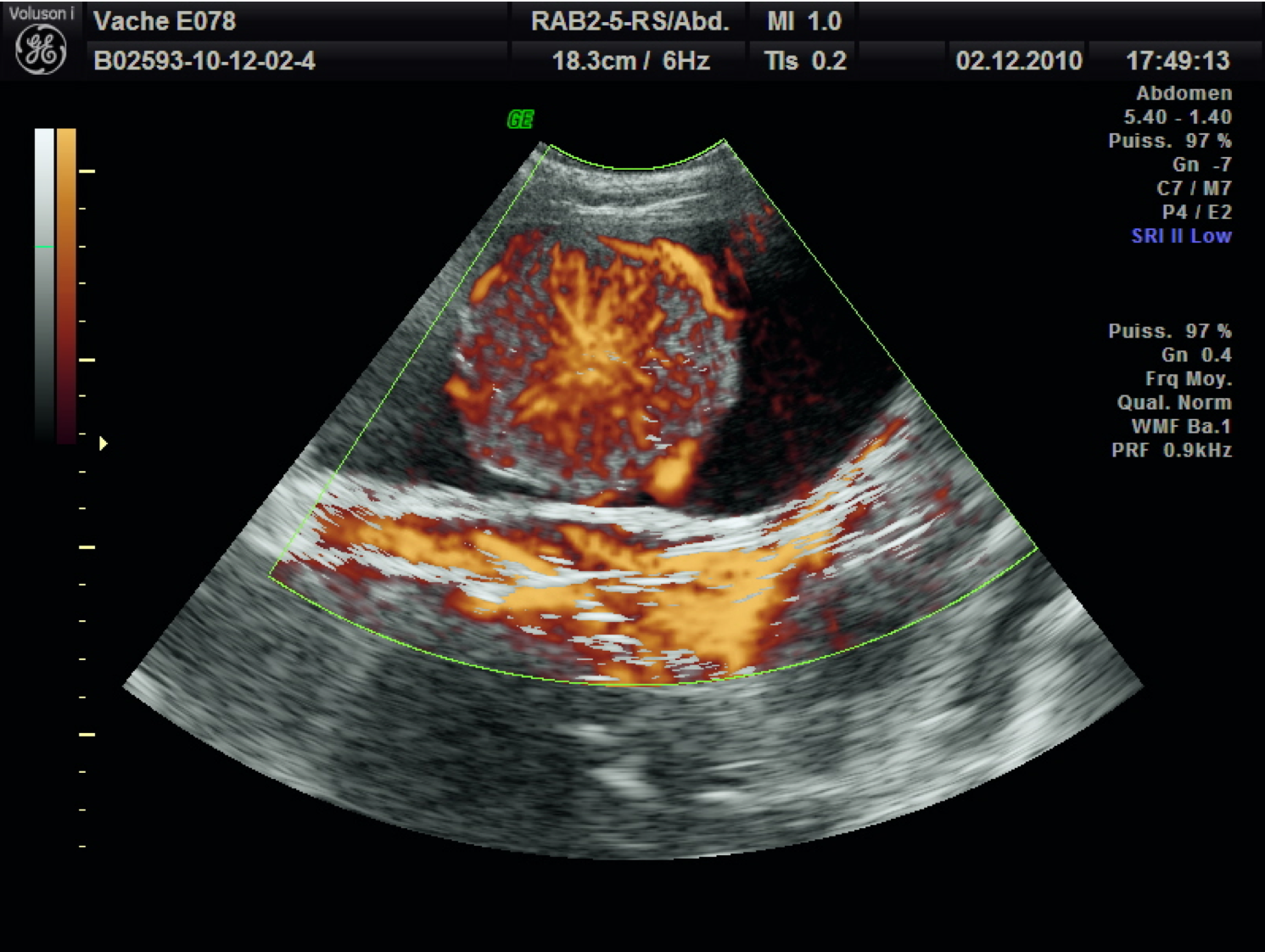The BREED unit is a large research unit (>90 people) gathering researchers specializing in biomedical, veterinary and fundamental fields. It is primarily attached to the National Research Institute for Agriculture, Food and Environment (INRAE) but also to Paris-Saclay university (UPSAY), Versailles-Saint Quentin university (UVSQ), and The National Veterinary School of Alfort (ENVA). Its research focuses on the development of the mammalian embryo from the formation of the egg cell to birth and development to adulthood. Projects range from fundamental studies on the functioning of the genome during embryo and fetal growth to applied research on the effects of the environment at large on development in the agronomic, veterinary and biomedical fields. The scientific objective is to understand and control the mechanisms of epigenetic programming during prenatal life, leading to the birth of a healthy, fertile and robust individual, able to adapt to changes in his environment.
The unit is organized into 5 research teams supported by an administrative team and shared services and platforms. One team is specialised in placental research.
The Placenta, Environment and Programming of Phenonypes (PEPPS) team is particularly dedicated to placental function. It is composed of 10 permanent staff members, with expertise in placental and animal physiology, medical imaging, histology, morphometry, lipidology, endocrinology and cellular and molecular biology. In addition, the team develops original approaches in gestation microscopy and imaging.
Unit members working on placenta
Researchers
- Paul Berweiler
- Pascale Chavatte-Palmer
- Anne Couturier-Tarrade
- Marie-Noëlle Dieudonné
- Maria Flores-Sanabria
- Delphine Rousseau-Ralliard
PhD Students
- Emilie Derisoud (3rd year)
- Marta Hita (1st year)




